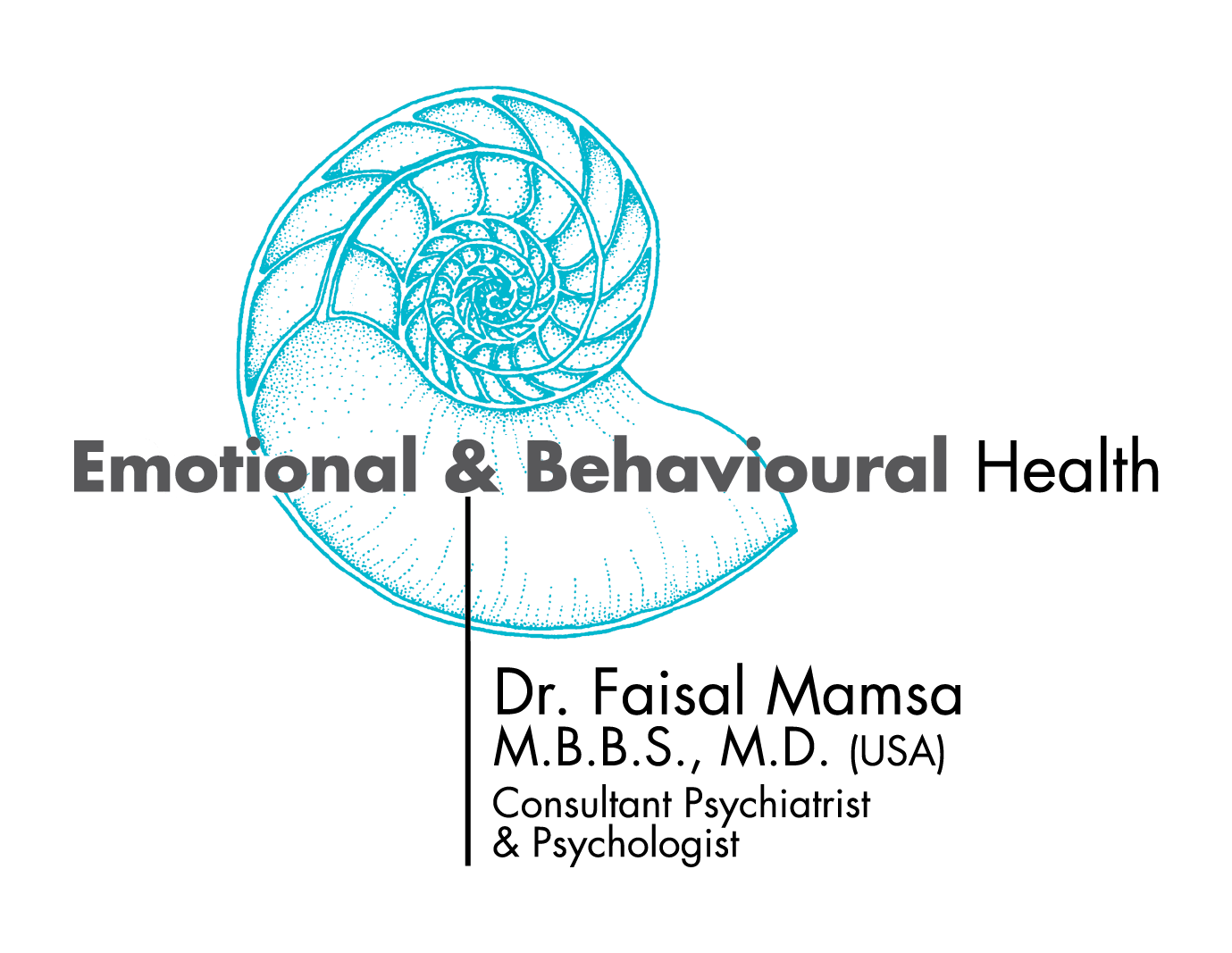Premenstrual Dysphoric Disorder (PMDD)

What is Premenstrual Dysphoric Disorder (PMDD)?
As the name suggests, Premenstrual Dysphoric disorder (PMDD) is a disorder experienced by females before (pre) their menstrual period begins and may last for the first 1-2 days of the beginning of the cycle. In a nutshell, it consists of physical as well as emotional symptoms. Physical symptoms like bloating, breast tenderness, body aches, headaches , fatigued and lethargy along with emotional symptoms like anxiety, being on the edge, low mood to depressed mood, anger and hopelessness, sleep disturbances, changes in the appetite etc. People commonly associate these symptoms with another pre-menstrual condition which is Premenstrual Syndrome (PMS).
How Is PMDD different From PMS?
On a very basic level, PMDD is simply a more severe form of PMS. Both disorders share symptoms; the distinguishing factor is that PMDD symptoms are intensive enough to interfere with daily activities in a frequent manner. If your PMS symptoms are extreme enough to inhibit you from doing normal things that you do at work or at home, or they affect your interpersonal relationships, you may be suffering from PMDD.
PMS is much more commonly found than PMDD; up to 75% of women who have their periods may have mild PMS, but PMDD only affects 3%-8% of these women. In addition, PMS symptoms are usually manageable without a doctor’s assistance, but PMDD warrants professional help so that quality of life is not impacted in a negative way consistently.
Causes Of Premenstrual Syndrome Or Premenstrual Dysphoric Disorder:
There are no clear causes that lead to PMS or PMDD However, on a biological level, changes in levels of hormones such as estrogen and progesterone before the period may influence the chemicals in the brain, including serotonin, which in turn affects mood. But studies have shown that not all women with the same hormone levels develop PMS. The most likely explanation for this is that women who develop PMS are more sensitive to hormone changes than other women.
Women with underlying depression often feel better during or after periods, but their symptoms will not resolve completely. In contrast, women who do not have an underlying mental condition but have PMS or PMDD will experience a resolution of their symptoms when the period begins. However, it is hard to put your finger on whether you have PMS, PMDD, or another mental illness occurring simultaneously or altogether, and if you are having trouble in doing so, professional help should be considered.
There are some medical disorders that worsen before or during menstruation, including:
– Migraines
– Chronic Fatigue Syndrome (CFS) – also known as myalgic encephalomyelitis/chronic fatigue syndrome (ME/CFS)
– Pelvic and bladder pain
– Irritable Bowel Syndrome
Diagnosis and Treatment of PMDD:
PMDD is usually diagnosed by considering the frequency and duration of both, physical and behavioral symptoms. The symptoms must occur during the five to seven days before the menstrual period, and should not be present between days 4 through 12 of a 28 day menstrual cycle.
Conservative treatments such as regular exercise, relaxation techniques (meditation, progressive muscle relaxation, hypnosis etc.) may help with managing symptoms mild symptoms .However, medication may be needed to treat more intensive symptoms. It is best to get a specialist’s consult to determine the most appropriate and effective treatment options.
Management:
Dr Faisal Mamsa uses multi-modal treatment methodology which involves a combination of expertise in psychopharmacology (medical treatment – if needed) with psychotherapy. Dr Faisal Mamsa emphasize a strong belief in the additive effect of various treatment modalities to work in conjunction rather than simply prescribing medication. For more information, feel free to contact Mr Sajid at 03371707070 or listen to mental health Videos on Instagram @drfaisalmamsaofficial.
